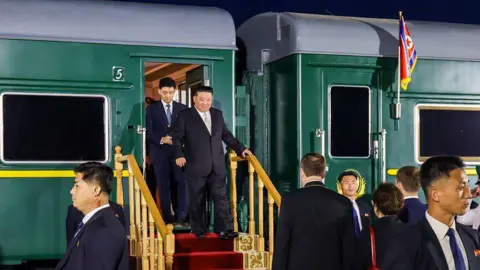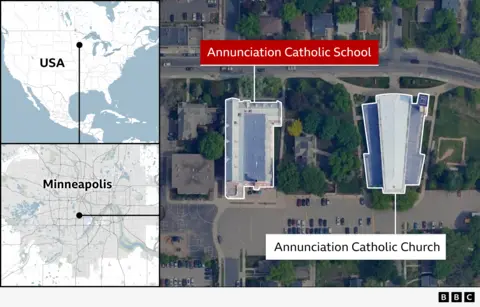Pope Leo XIV has made a historical appointment by naming Fuzhou Auxiliary Bishop Joseph Lin Yuntuan as the first Chinese bishop of his papacy. This decision underscores the Pope's intention to maintain a significant agreement established in 2018 under Pope Francis. This accord aimed to enhance relations between the Vatican and China, allowing for joint input in the nomination of bishops, although many details surrounding the agreement remain undisclosed.
The Chinese government asserts that state approval is necessary for bishop appointments, which contrasts with the Catholic Church's position that such decisions fall under papal authority. With approximately 10 million Catholics in China, worshippers currently have to choose between attending state-sanctioned services or gathering in clandestine groups aligned with the Vatican.
In a statement on Wednesday, the Vatican confirmed that Bishop Yuntuan's ministry is recognized by Chinese law, and noted that this appointment reflects the positive outcomes of ongoing discussions between the Holy See and Chinese officials. Chinese Foreign Ministry spokesperson Lin Jian remarked that this latest appointment demonstrates the smooth implementation of the 2018 agreement and expressed China’s readiness to further strengthen relations with the Vatican.
Experts, such as Michel Chambon from the Asia Research Institute, interpret the Pope’s actions as a positive move towards reconciliation with China rather than conflict. Since diplomatic ties between China and the Holy See were severed in 1951, the relationship has been fraught, particularly during Mao Zedong's reign, which pushed many Catholic worshippers underground. The late 20th century saw the reemergence of religious practices in China, hinting at a complex yet evolving narrative between state and religion in the region.



















